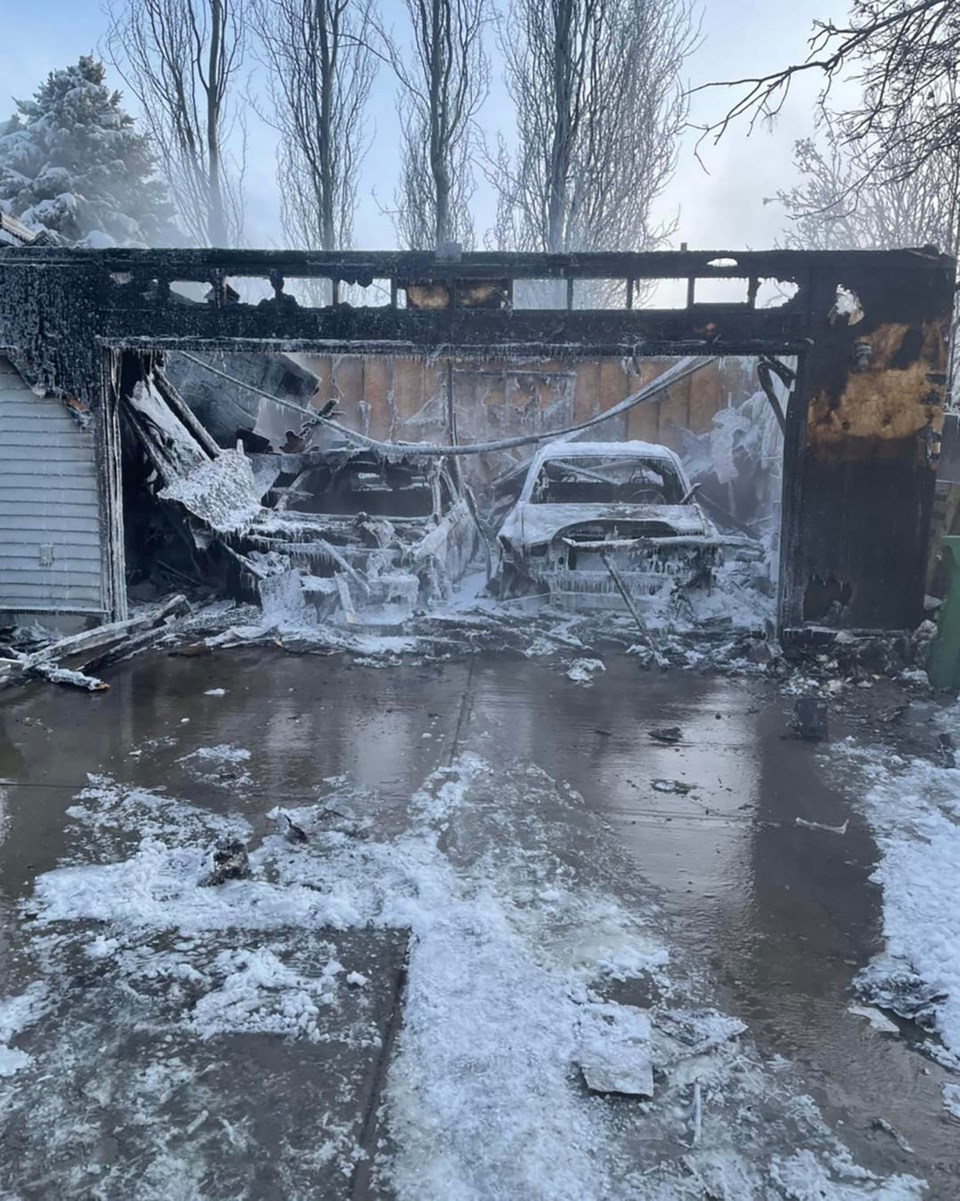Alberta residents should use caution around portable heaters this weekend as a cold snap chills the region, says ire prevention officer Mike Bos.
A large cold front blew in the week of Jan. 11, bringing with it the temperatures in the minus 30s and 40s. Environment Canada issued an extreme cold warning that day due to an elevated risk of frostbite and hypothermia.
Environment Canada meteorologist Justin Shelley said to expect daytime highs near -30 C and overnight lows near -40 C for the next three days in this region — about 20 degrees colder than the -8 C days/-18 C nights we typically get at this time of year. Next week will likely be warmer, but still well below average.
These temperatures are cold enough to cause frostbite within minutes, Shelley said. Residents should limit their time outdoors and stay out of the wind if they have to go outside.
“Keep walking and moving,” he continued, and wear layers of warm clothing.
Fire safety
St. Albert Fire Services fire prevention officer Mike Bos said his department usually gets a few calls each year during cold snaps such as this due to heating-related fires.
“At this time of year, if we have a fire, it’s extremely hazardous,” he said, as the water crews use cover everything in ice, putting fire-fighters at risk of slips and hypothermia.
Bos asked drivers to pull over to the side of the road and stop if they see a fire truck with its lights and sirens on, as the roads may be too slick for the truck to stop.
Homeowners can help prevent winter fires by watching their use of portable heaters.
“People will just set it and forget it,” he said of the heaters, or leave them too close to flammable objects such as curtains, resulting in fires.
Heaters should be kept at least a metre from anything flammable, never left unattended, and turned off before you go to bed, Bos said. Car block heaters can also start fires if they have damaged cords. Ovens should never be used for home heating, he added.
Carbon monoxide was another risk during cold weather, Bos said. This odourless, colourless, poisonous gas is produced whenever you have combustion, and can build up in a home with a faulty furnace, wood stove, or fireplace. Keep your furnace maintained and your carbon monoxide detectors active to prevent carbon monoxide poisoning.
Working smoke detectors and a fire safety plan are vital if your home does catch fire in the winter, Bos said. Have your winter clothes and boots ready to go, as well as your neighbour’s phone number in case you have to shelter with them.
Anyone who spots a house on fire in St. Albert should call 911.



